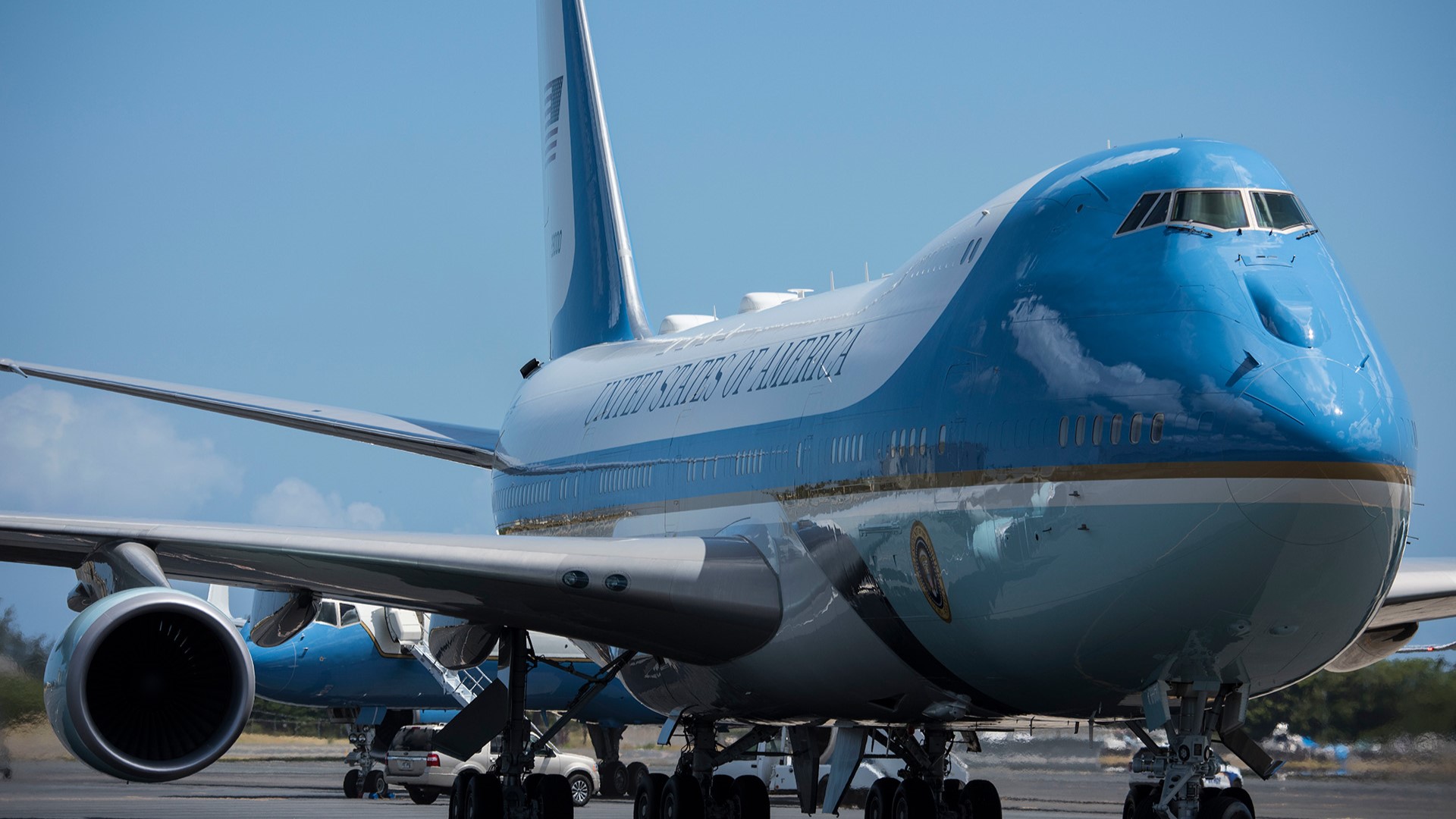White House Announces $600 Billion Saudi Investment Commitment in U.S.
Deal encompasses defense, technology, energy, and infrastructure, hailed as a new era of partnership amid questions over previous pledges and Saudi economic ambitions.

NEW YORK -- The White House today detailed a $600 billion investment commitment from Saudi Arabia into the United States, detailed in an announcement on the White House website framed as a cornerstone of enduring economic ties. This substantial figure, unveiled during a summit in Riyadh, aims to bolster American energy security, its defense industry, technological leadership, and access to global infrastructure and critical minerals.
Details released by the administration outline a broad scope for the investments. The pact includes a nearly $142 billion defense sales agreement, equipping Saudi Arabia with advanced U.S. military hardware and services from over a dozen American firms. This encompasses air force modernization, missile defense, maritime security, and information systems upgrades.
Several major American corporations feature prominently in the commercial agreements. Boeing Co. is slated for a $4.8 billion deal to supply 737-8 passenger aircraft to AviLease. Technology giants Google, Oracle, Salesforce, AMD, and Uber, alongside Saudi-based DataVolt, have committed to investing $80 billion in transformative technologies across both nations. DataVolt itself plans a $20 billion investment in U.S.-based AI data centers and energy infrastructure.
Further commitments include $14.2 billion for GE Vernova’s gas turbines and energy solutions. U.S. construction and engineering firms like Hill International, Jacobs, Parsons, and AECOM are set to contribute to significant Saudi infrastructure projects, representing $2 billion in U.S. services exports. The healthcare sector will see a $5.8 billion investment from Shamekh IV Solutions, LLC, including a high-capacity IV fluid facility in Michigan.
This figure aligns with a sum Crown Prince Mohammed bin Salman had previously indicated for enhanced trade and investment over four years. President Trump, known for his transactional approach to foreign policy, had reportedly expressed a desire for an even larger commitment, up to $1 trillion. The White House fact sheet emphasized this deal builds upon President Trump’s 2017 efforts which also secured substantial commercial agreements with the Kingdom.
Analysts note the visit underscores the strategic importance of the U.S.-Saudi relationship, which dates back eight decades. Ali Shihabi, a Saudi commentator, suggested the visit’s significance extends beyond monetary values, reinforcing an expanding web of economic, political, and security ties. However, full specifics of all announced deals were not immediately available.
The investment summit in Riyadh, attended by prominent U.S. business leaders including Elon Musk, Larry Fink of BlackRock, and Jane Fraser of Citigroup, serves as a platform for Trump's agenda to attract foreign capital. This focus on Gulf sovereign wealth funds is a hallmark of his economic statecraft, according to Steven Cook of the Council on Foreign Relations.
These ambitious investment pledges arrive as Saudi Arabia pursues its own costly economic transformation, Vision 2030, estimated to require nearly $2 trillion for projects like the futuristic city Neom. The Kingdom aims to attract $100 billion in foreign direct investment annually by 2030 but secured only $20.7 billion last year, its lowest since 2020, highlighting its own need for capital. Current crude oil prices, hovering around $62 a barrel, also pressure Saudi finances, with some estimates suggesting a break-even price near $96 a barrel.
Artificial intelligence is a significant component of the discussions, with Saudi Arabia and the UAE vying to become regional AI hubs. These ambitions depend partly on access to advanced U.S. semiconductor technology, currently under Biden-era restrictions aimed at China. The Trump administration has indicated plans to review some of these curbs.
